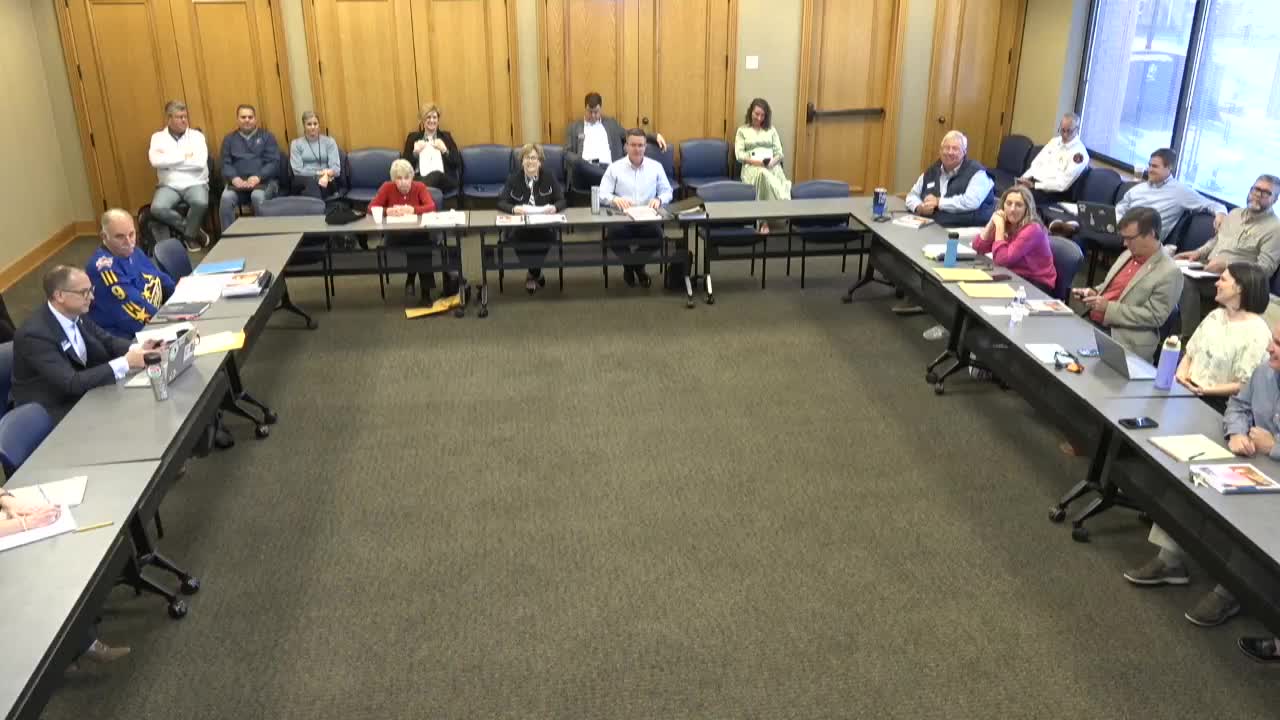Commission to keep recreation facility in capital projects/general fund for now; enterprise fund option deferred
Get AI-powered insights, summaries, and transcripts
Subscribe
Summary
Staff told commissioners that GASB guidance may require an enterprise fund only if policy is to have facility revenues cover all costs; given outstanding questions and a pending potential state law change, the commission directed staff to leave the project in the capital projects/general fund for now and revisit later if needed.
City staff updated commissioners on fund-accounting options for the proposed recreation facility and related facilities (golf course, community gyms) and on examples from peer cities.
Staff told the commission that no state law requires the facility to be an enterprise fund, but Governmental Accounting Standards Board (GASB) guidance typically requires enterprise accounting if a facility's revenues are intended to cover all or most of its costs. Staff cited examples—Williamson County, Murfreesboro, Johnson City and Lebanon—where recreation activities are reported in governmental funds, and said Johnson City converted its facility from an enterprise fund to governmental reporting in 2019.
Staff warned that if the city's policy is to have the facility earn enough revenue to cover costs, GASB could require enterprise accounting; conversely, if the facility will be subsidized from other revenue sources (sales tax, property tax), it can remain in governmental funds or a special-revenue fund. Staff also noted potential public-private partnership structures (including possible use of an Industrial Development Board) would affect legal relationships and accounting treatment and that the state comptroller's office had not provided definitive speculative guidance on a pending law change.
Commissioners and staff agreed there are many unanswered questions—operating assumptions, revenue levers, management by a sports-management company and potential state-law changes—and concluded it is safest to leave the project in the capital projects/general fund for budget-preparation purposes. Staff said the asset can be transferred to an enterprise fund later if the commission decides that is the appropriate policy once operating details are known.
Ending: Staff will continue planning and financial analysis and will return with more detailed operating pro forma and guidance from the state comptroller if available; the commission can create an enterprise fund later if warranted.
